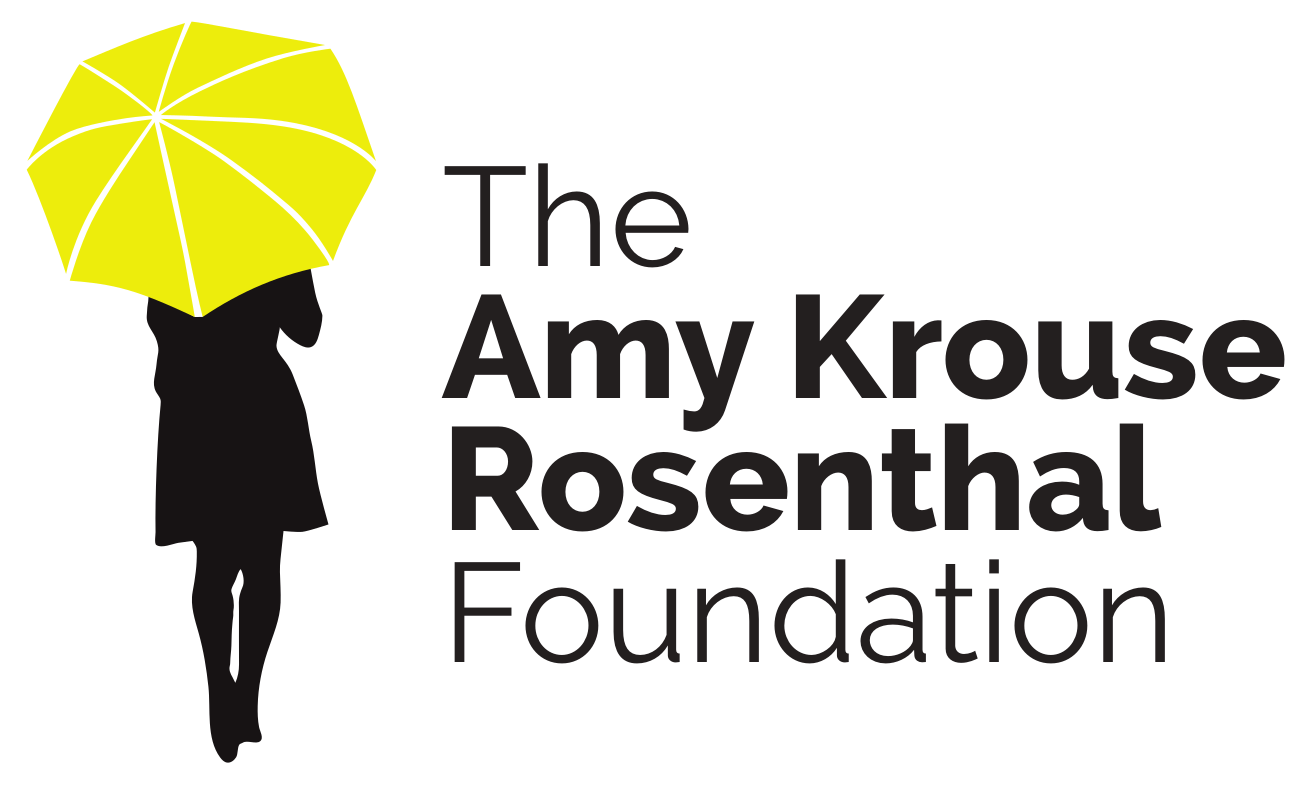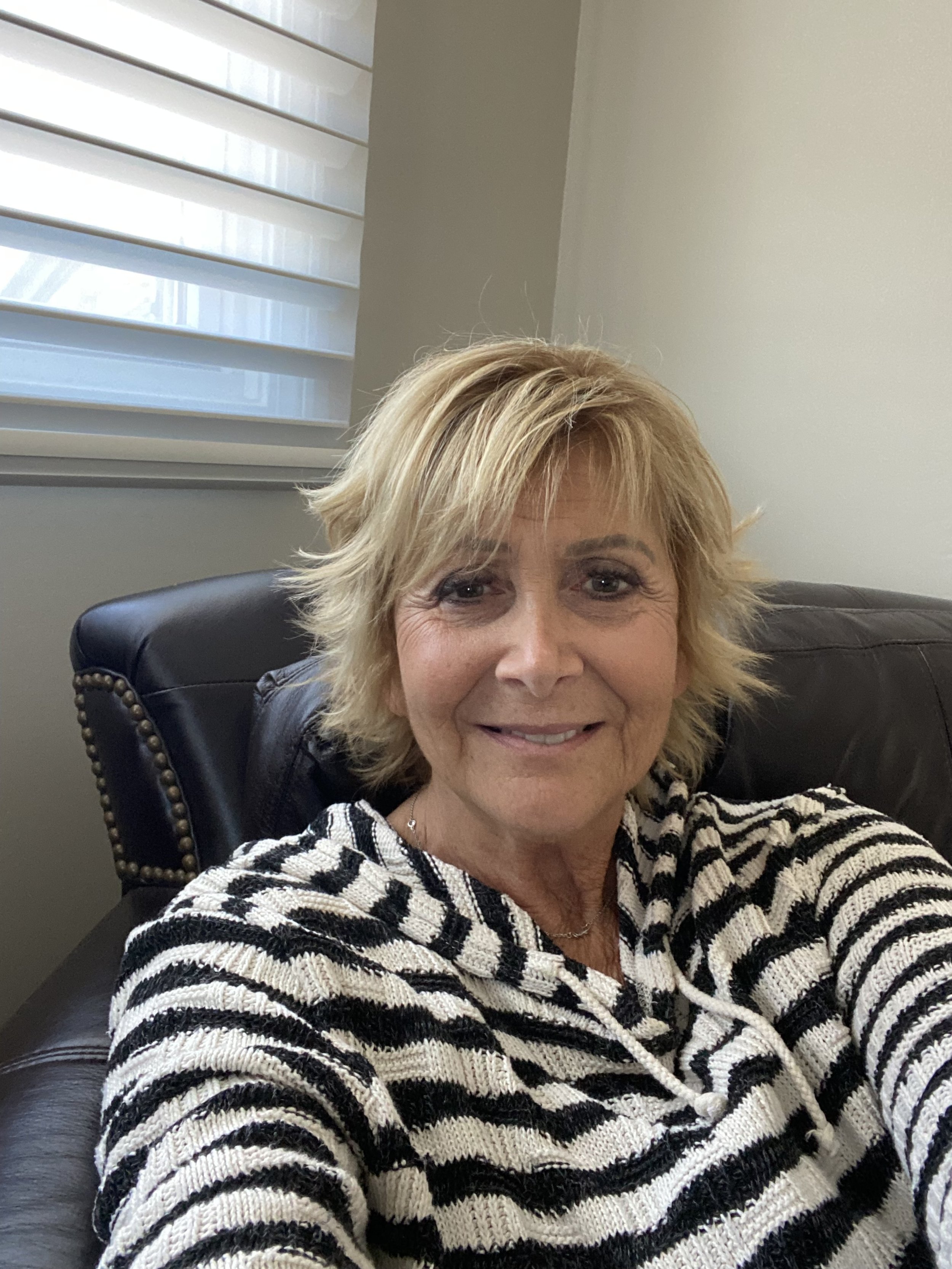Susan Eisenberg
In July of 2011, I was starting menopause, but my gynecologist wanted to bring on one more period to get a schedule going. All I had was some bloating, which we now know is a huge red flag. When the medicine I took did not bring on a period, my gynecologist got concerned and did an ultrasound that same day. She saw a mass and immediately sent me for some blood work. The oncologist that I saw said I had a 50/50 chance of ovarian cancer and my hysterectomy was scheduled.
After that initial diagnosis and surgery, I received chemotherapy from August to December of 2011. A quick round of radiation to knock out a recurrence in my clavicle and kidney ended in April of 2013 and I am happy to say I was nine years cancer free until 2020.
During the COVID lockdown, my body felt a bit off. In June of 2020, I had a small recurrence in my lung which was treated with a chemotherapy called Doxil. After that, they put me on a PARP inhibitor — Lymparza. I have been on Lymparza for 13 months. Ten years ago, PARP inhibitors were in the trial stages. Today, they are used more commonly as a treatment for ovarian cancer reoccurrences. 2022 also brought another small recurrence in my lung area that was treated with a state-of-the-art radiation called SMRT. Done and done! I have been so fortunate to see the growth and changes in the ovarian cancer medical field in just 10 years. It is so exciting to imagine the progress that the next 10 years will bring.
Times have changed. In 2011, when I was first diagnosed, I remember doing what I was specifically told not to do… searching the internet. It was gloom and doom for women diagnosed with ovarian cancer. One out of five were dying. Now, instead of reading gloom and doom, there is much more hope for women diagnosed with ovarian cancer. Things pop up and there are more options and treatments available.
Now, my life is great. I work out and take care of my grandchildren. I am navigating uncharted territory, but these recurrences are just forks in the road. This is the most important advice I can give — the idea of “forks in the road.” There will be some left turns and that’s where a support system must come into play. This is why I have chosen to become a mentor for other women with ovarian cancer. Sharing stories is incredibly cathartic and creates an everlasting bond. For me, my family and friends have helped me navigate through my reoccurrences. It would have been so much harder doing it without them. I am a firm believer that a village of people is essential, whether they are family, friends, neighbors, or even survivors online that are more than willing to talk and support.
The biggest issue I face is just waiting for the other shoe to drop. It can be a bit overwhelming, but that’s when my village comes into play. They help me deal with whatever test results are and wherever the next fork in the road is taking me.
My gynecologist saved my life in 2011. Her early detection and prompt attention caught my ovarian cancer at stage 2. I am so grateful to say I’m currently considered NED (no evidence of disease) and although I never thought I would have taken this is the journey, I’m thankful for the friendships and strength I’ve gained over the past 10 years.

